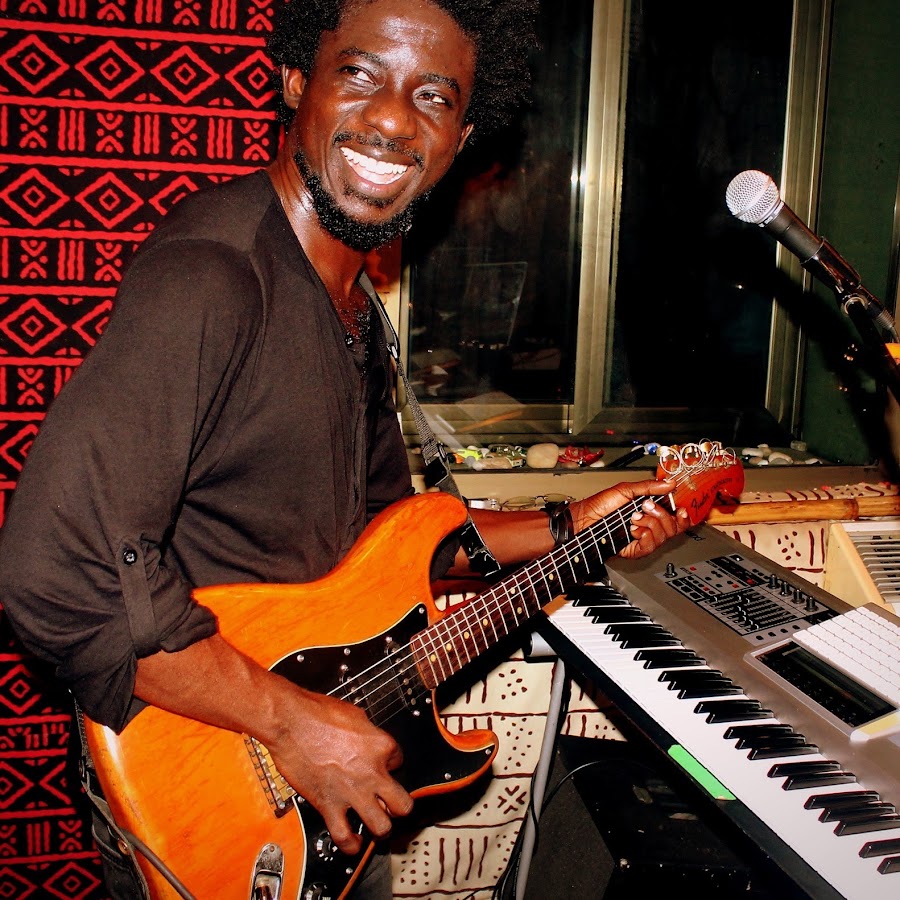Kwame Yeboah laments the fading soul of Highlife music in Ghana

Renowned Ghanaian musician and producer Kwame Yeboah has voiced his deep disappointment over the state of highlife music in Ghana, declaring that the genre—once the heartbeat of the nation’s music scene—has effectively faded away.
In a candid conversation on Daybreak Hitz with Kwame Dadzie on Hitz FM, Yeboah did not mince words: “Highlife is no longer alive in Ghana.” His voice carried not just criticism, but sorrow—mourning what he sees as a cultural treasure lost to modern trends and technological shortcuts.
Yeboah, whose musical roots were nurtured by highlife legends, explained that the core of the genre has been stripped away. In his view, what is often passed off as highlife today is a diluted version of the original, heavily reliant on computerized production instead of the signature live instrumentation that gave the music its richness and soul.
“There’s a difference between music that lives and music that simply exists,” he said. “Real highlife is alive—it breathes through instruments, through rhythm, through live performance. What we hear now is mostly machine-made. That’s not what highlife was built on.”
He highlighted the example of Santrofi, a Ghanaian band known for its dedication to traditional highlife, as a rare exception. But even they, he noted with regret, are more active abroad than at home. “They’re taking Ghana’s sound to the world, but sadly, their own people hardly get to experience it.”
Yeboah expressed concern that the newer generation of artists—while talented—are moving further away from highlife’s roots. He specifically mentioned Kuami Eugene, often referred to as a modern highlife star. Yeboah disagreed with that label, pointing out that Eugene’s music is largely digital. “If you play a Santrofi track next to a Kuami Eugene song, the difference is clear,” he said. “One is handmade, organic. The other is programmed. There’s no shame in evolution, but we must ask ourselves—what are we giving the world that is truly ours?”
He further questioned the value of embracing trends that erase our unique identity. “Technology is everywhere. Anyone can use a computer to make music. But what do we as Ghanaians have that no one else can copy? It’s our sound, our instruments, our traditions. If we let those go, what’s left?”
For Yeboah, this is more than a debate over genres—it’s a plea to preserve cultural heritage. He called on the music industry, young artists, and the public to not let highlife vanish completely from Ghana’s musical landscape. “This is the music that carried our stories, our emotions, our celebrations. We can’t afford to forget that.”
He concluded with a challenge: “Highlife may be struggling, but it doesn’t have to die. If we want to bring it back, we must first remember what made it special.”







Interesting analysis! Seeing patterns is key, and platforms like jilimacao casino are evolving with AI to understand player behavior – smart move for both sides, really! It’s all about informed choices.